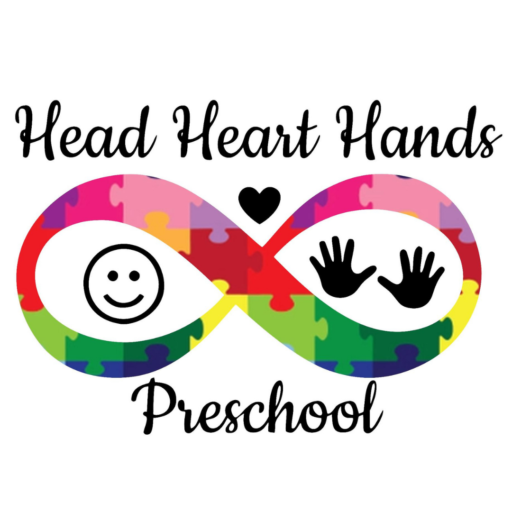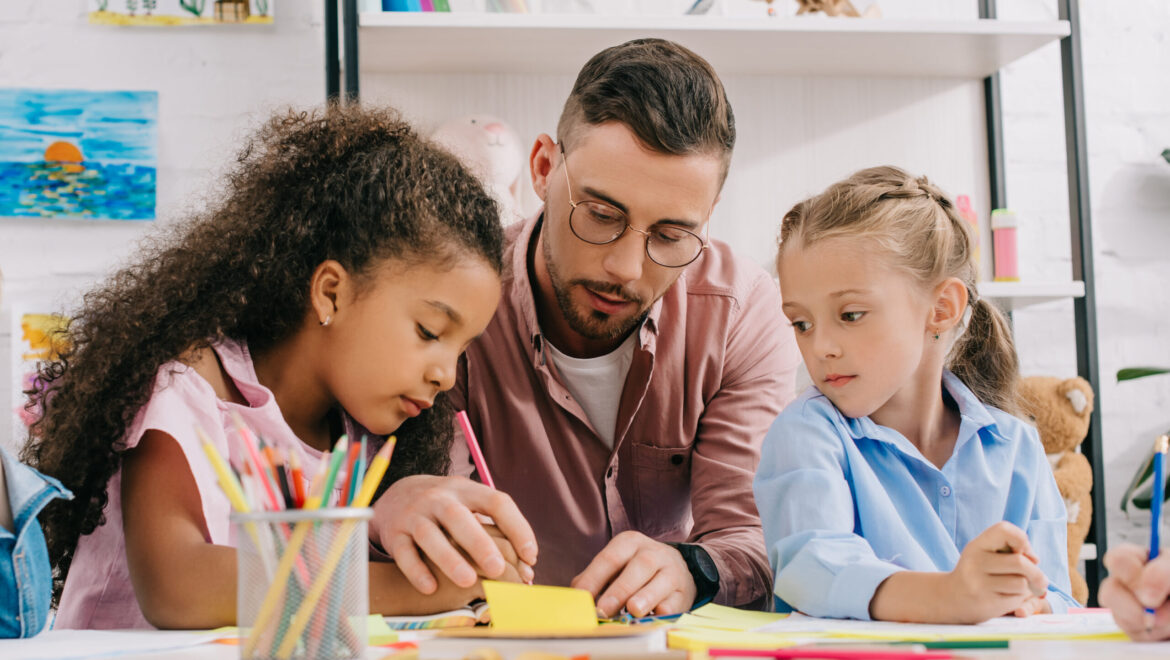The four domains of early childhood education are social/emotional, cognitive, motor, and language and literacy. These domains are important because they all contribute to the child’s development in one way or another. Social/Emotional skills help children develop empathy for others while cognitive skills allow a child to learn from their environment. Motor skills allow kids to explore movement through play which is necessary for them to grow up healthy; it also helps them develop coordination with their hands. Language and literacy skills enable children to express themselves verbally and write down what they want so that other people can understand what they’re saying as well as communicate with others effectively by using written words instead of just sounds.
In this article we will examine these four domains of early childhood and why they are important to a child’s development.
Social/ emotional Skills
In early childhood, social/emotional skills are about giving kids the ability to take other people’s perspectives and empathize with them. These skills are are a good foundation for developing self-regulation, which is an important skill for both children and adults. Kids develop social skills through play. While parents may see play as simply a fun activity, it is an important part of a child’s development at an early age. Here are Head Heart Hands Preschool, children learn social/emotional skills through structured play activities in a loving and inclusive environment that will set them up for a lifetime of success.
Teachers work hard to help children feel happy and successful while they grow in the Head Heart Hands preschool environment. Social-emotional development is about how well a child can interact with other people – through language, gestures or emotions like sadness or anger. There are many important social emotional milestones that kids will reach as they go from infancy into childhood.
Some social/emotional milestones a child reaches before the age of three are: communicating needs, playing games with others and understanding social roles. The Head Heart Hands preschool curriculum includes a variety of activities that help children learn about their emotions while they play together in the classroom.
At Head Heart Hands preschool, our focus is on social and emotional development. We have a parent-child curriculum centered around understanding emotions and positive self-image building while focusing on the importance of relationships. One way we do this is by having structured routines that teach children to understand how their actions affect others, as well as understanding when it’s time for personal playtime or group time. We also have a designated “feeling corner” where children are able to go if they’re feeling angry, sad, hurtful or embarrassed so they can calm down before returning to the rest of the class.
One strategy in our classroom that promotes social-emotional skills such as empathy and self-regulation among all ages is called Red Light/Green Light Circle Time: after giving instructions about what students should be doing in circle. We also teach social and emotional skills with games that help kids learn how to take turns, be a good sport, share feelings appropriately.
Through the use of these activities and a variety others, we ensure that your child develops positive social/emotional skills that will set themselves up for a lifetime of success at Head Heart Hands Preschool.
Cognitive Skills
In early childhood, cognitive skills are about the ability to learn and reason. These skills allow children to solve problems through trial-and-error. Cognitive skills are different than academic skills. Cognitive development is about how well a child can think through problems or situations so they can solve them on their own without assistance from an adult or peer. Cognitive skills are not innate; instead, these skills develop gradually as kids grow up, become more aware of themselves and then explore different ways to interact with the world around them.
Some cognitive milestones reached before the age of three include: counting past ten or twenty items for example; sequencing steps to complete tasks like drawing pictures; and following simple directions given by adults such as “put your clothes away.
Cognitive skills affect how children think about their world through the lens of knowledge they have gained from observations and experiences. Children who are engaged in early cognitive development will be better able to understand abstract concepts such as time (past/present), size (big/little) or order (first/last). Cognitive milestones at age three include: understanding that pictures can represent people, asking “why” questions when something occurs out of place within their environment, beginning to sort objects into categories based on similarities and differences between them, using verbal prompts for self-directed tasks like getting dressed independently with help (“Put your shirt over your head.”), pointing to named body parts.
Another we teach cognitive skills is by doing puzzles at center time or group time with other children. There are many different types of puzzles that help stimulate learning such as visual discrimination, problem solving, spatial awareness and organizational skills.
Cognitive skills are an important part of the daily curriculum at Head Heart Hands Preschool and establish the foundations for future academic success.
Motor Skills
In early childhood, motor skill development is crucial for helping children succeed physically as well as socially with others their age. Motor tasks like throwing a ball can be difficult at first because it’s hard for kids to coordinate all the different muscles involved in doing so (i.e., arm strength & coordination). However, through repetition and practice, the motor skills required for throwing a ball will become easier and more natural.
By the age of three, motor milestones include: rolling over, sitting up unsupported, cruising/walking with furniture support and balancing on one foot. Children should also be able to complete many independent daily living skills such as feeding themselves, washing their hands, and some basic dressing skills. Children should also be able to throw/kick a ball, catch a ball , pedaling a tricycle, engage in jumping games such as playing hopscotch, and blow bubbles.
At Head Heart Hands, children are engaged daily in active activities that will allow them to develop motor skills naturally.
Language & Literacy Development
One of your goals as parents should be helping your child develop strong literacy and verbal abilities so he or she may succeed academically later on in life. We know you want them to be able to read books for fun when it’s time for school! At Head Heart Hands Preschool, circle time is an important part of our daily routines.
Through the use of circle time, your child will learn to identify letters and their sounds, learn how to write his or her name, develop vocabulary skills such as describing things in words and know how to read a book for fun.
This will help establish a love for books and learning as well as ensure they start school with the appropriate literacy skills required to be successful in kindergarten.
In Summary, the four domains of early childhood education include social/emotional, cognitive, motor and language and literacy skills. These four domains help children grow academically as well as socially with the appropriate academic foundation for success at school age.Children learn best when they are engaged in a learning activity that caters to their individual development.
Head Heart Hands preschool will cater to these four domains through circle time activities such as identifying letters, practicing writing his or her name, developing vocabulary skills like describing things and being able to read books for fun! We hope this article has helped you better understand what each domain means so we can make sure your child is flourishing while attending Head Heart Hands Preschool!

